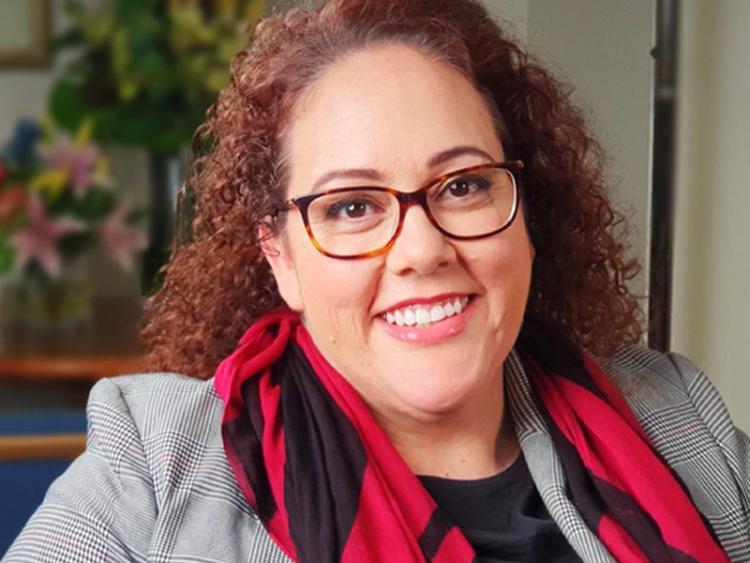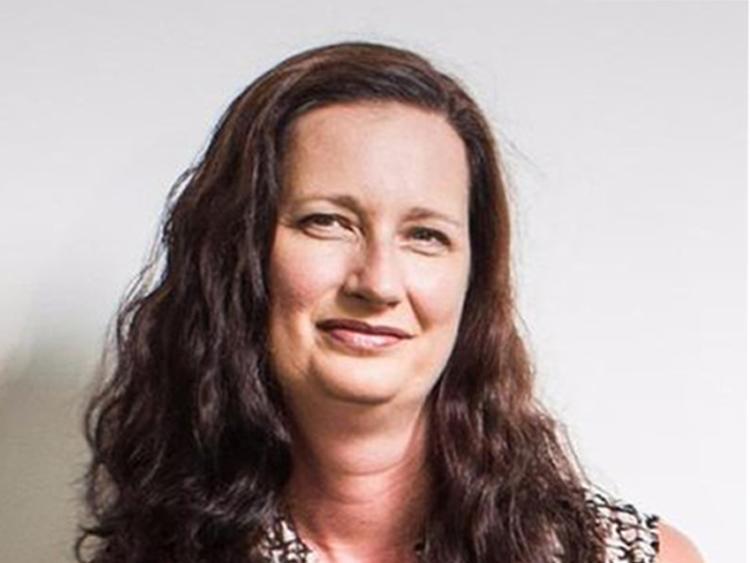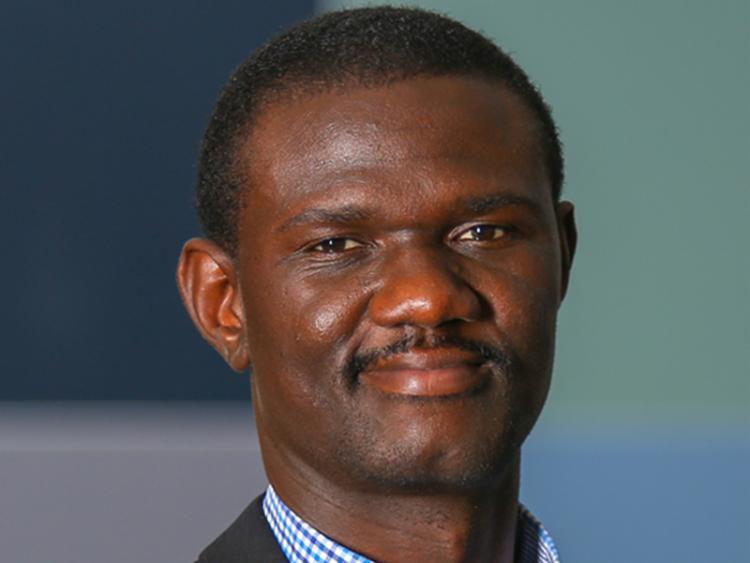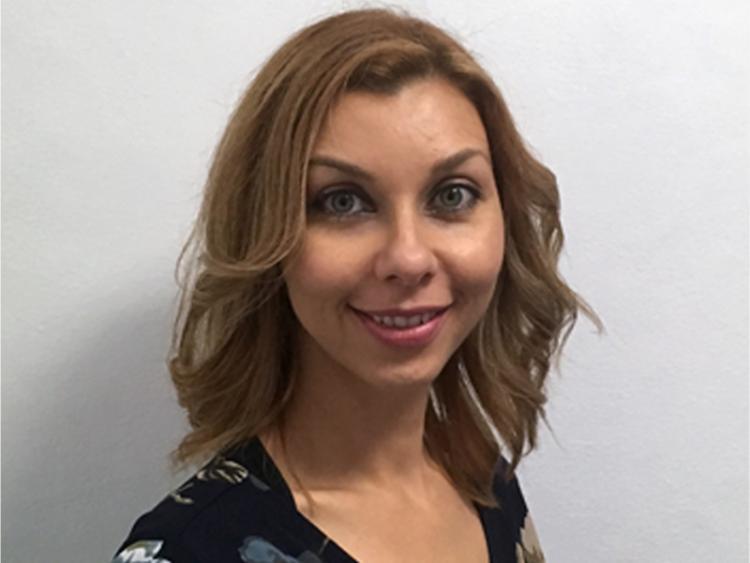Prioritising Emerging Research Leaders
Meet four PERL fellowship recipients working towards SDG 10- Reducing Inequalities
June 30, 2021
UOW recently announced 28 research fellows as part of its Prioritising Emerging Research Leaders (PERL) Fellowship Scheme. The Fellowships, supported by $5 million from a Federal Government research support program initiative were available to academics and designed to mitigate the impact of COVID-19 on Australia’s research workforce, initiatives and activities. We speak to four recipients.
Dr Marlene Longbottom BUS/AHSRI - PERL Fellowship commences October 2021
Marlene is a Yuin woman from Roseby Park Mission in the Shoalhaven region. Her PhD explored the issues of interpersonal violence with Indigenous women in the Shoalhaven with her thesis nationally recognised in the top four finalists for the AIATSIS Stanner Award. Marlene's work has strong impact and is translational into various sectors that can be evidenced with the various research and evaluation projects she has been part of and is often called upon to provide expert opinion. Marlene is called upon to present or discuss a broad range of matters relating to social justice issues, trauma and violence.

Dr Megan Hammersley ASSH – PERL Fellowship commences November 2021
Dr Hammersley has established a program of research in remotely delivered healthy lifestyle interventions for parents of preschool-aged children. She collaborates with several Local Health Districts (LHDs). This proposed fellowship will comprise two distinct research projects focusing on healthy eating and movement behaviours in children from vulnerable populations under the mentorship of Professor Lisa Smithers.

Dr Robert Ogie EIS – PERL Fellowship commences October 2021
Through research-industry collaboration with the NSW SES and the Multicultural Community Council of Illawarra (MCCI), Dr Ogie has established the award-winning project (EmerCALD) with the aim of improving emergency communication with people from culturally and linguistically diverse (CALD) backgrounds.

Dr Elizabeth Dale BUS/AHSRI – PERL Fellowship commences July 7 2021 Liz Dale is a descendant from the Worimi Nation and is a practicing clinical psychologist (registrar) with over 15 years of experience working in non-government and clinical settings. Liz also has over five years’ experience working as a researcher for the University of Sydney Faculty of Medicine, the Australian Health Services Research Institute and Ngarruwan Ngadju First Peoples Health and Wellbeing Research Centre.
Liz’s recently submitted PhD thesis explored the cultural utility of mainstream mutual support groups for Indigenous peoples seeking recovery from problematic behaviours such as substance use, gambling and eating. Three research projects were conducted in partnership with SMART Recovery Australia and six Indigenous communities across NSW, SA and WA.

How has your research been impacted during COVID?
Marlene: My work has been severely impacted by COVID. I was in the US undertaking my ethnographic field work that was part of my postdoctoral research. I had spent six months connecting with community and was to commence the on site work with the organisation I had partnered with. The interruption due to COVID meant I had to leave the US within two days as the international borders were closing. While I have maintained a virtual connection since returning to Australia, this really impedes the research as I am not there in person. Much can be lost in the virtual space.
Megan: My research has been fairly heavily impacted by COVID-19. A project that was an integral part of my future research direction was not able to proceed due to funds being put on hold due to COVID financial restrictions. Social distancing measures that were put in place also impacted on a number of smaller collaborative projects with local health districts, which needed to be delayed. The main project that I have been coordinating for the last couple of years has also been impacted. Despite being a remotely delivered study, there were implications in relation to parent engagement with the study during the time of the lockdown in 2020, as families were challenged with balancing working from home or in stressful front line jobs, and supporting children learning at home. Although it is difficult to determine definitively at this stage, I do feel that these challenges had a detrimental impact on the intervention completion rates for people completing the study at the height of COVID-19 restrictions.
Robert: With COVID, we are plunged into a constant flux in how we live and work. To remain productive, one must constantly adapt. But, even if you are smart or perhaps lucky enough to adapt well, you are rarely insulated from the indirect impacts on your research. For me, it has been the constraints on data collection, the reduced funding opportunities, and the limited premier conference opportunities for networking and research dissemination. Moreover, I am finding that research collaboration with local and international academics is a lot slower and stifled. Everyone seem to be overwhelmed with increased workload associated with staff loss. Since COVID hit, there has been a loss of three team members from the research project I lead. It cannot be the same, but we must adapt to survive.
Elizabeth: Thankfully COVID has not had a negative impact my research to date. The study that I have just completed (published in addiction science clinical practice) utilised the Delphi method which meant that I could involve Indigenous peoples from culturally and geographically diverse locations around Australia without having to travel and without added burden on their personal, community or professional obligations.
What does a world with "reduced inequalities" look like to you?
Marlene: For me, it would mean I wouldn’t have to focus on race and racism, the impacts of systemic, structural and interpersonal experiences that cause harm to Indigenous people and communities. I doubt whether we’d ever be free of racism, as it is a human and social construct. Therefore people will always seek to categorise or classify people and community groups… Ideally though, there would be less Indigenous women dying as a result of not being protected, while also being treated as humans and able to receive the support they need when seeking help.
Megan: Successfully reducing inequalities would mean a world with less discrimination, and equal opportunities for everyone. Quality and affordable healthcare and opportunities to support physical and mental wellbeing would be accessible to all. Everyone would have access to affordable healthy food options, safe drinking water, as well as infrastructure and green spaces to support physical activity opportunities in all areas. It would also mean access to quality education and lifelong learning opportunities that lead to meaningful and well paid employment opportunities to adequately support costs of living.
Robert: When I think of inequality, my mind goes to the bigger picture- that is the systems and structures that perpetuate inequality. I am talking here about the economy that is contrived by neoliberalist ideologies to mainly work for a few wealthy elites while the poor masses struggle to survive. I am talking about the criminal justice system that is plagued with racial disparate outcomes. It is also about the health system that provides unfair distribution of health resources between different ethnic communities. A world with "reduced inequalities" will depend a great deal on addressing these bigger systemic problems. Otherwise, inequality will remain largely entrenched.
Elizabeth: To me a world with reduced inequalities would look like a world that has only partially achieved the ultimate goal of total equality. I would envision such a world would no longer discriminate people based on social status, race, gender, ability, religion, or sexuality. In this world there would be a louder and much more respected Indigenous voice. Political, health and social systems would embrace Indigenous knowledge’s and decision-making powers would be shared to ensure the betterment of all people, not just the majority culture.
How does your research work towards reducing inequalities?
Marlene: As an ECR, I’m working towards assisting Indigenous communities navigate carceral spaces. This is to protect people and keep them alive, specifically Indigenous women and children. I hope that in twenty years time I can look back an see the impact that I’ve been able to make by knowing that Indigenous women can access the police and not be retraumatised or experience micro and macro aggressions that they often experience today.
Megan: I am currently involved in a project which aims to improve cooking skills and confidence for parents of young children from low socioeconomic areas of south western Sydney. Other research that I am currently working on has found that remotely delivered healthy lifestyle interventions which are offered to parents in the general population are not effectively reaching all areas of the community. It is therefore of utmost importance that we explore the alternative interventions and delivery methods that are accessible, acceptable and feasible for parents from disadvantaged backgrounds.
Robert: Disasters are notorious for worsening pre-existing inequalities in areas such as income, gender, race, ethnicity, and social status. This partly explains the disparities in disaster outcomes for people from culturally and linguistically diverse (CALD) background. To reduce these inequalities, my research aims to explore amongst other solutions, how information technology (IT) can better support the most vulnerable people. This will ensure no one is left behind in preparing, responding, and recovering from natural disasters. Through research-industry collaboration with the NSW SES and the Multicultural Community Council of Illawarra (MCCI), I have established the award-winning project (EmerCALD). EmerCALD was designed to improve emergency communication with people from CALD background. During the PERL fellowing, I hope to progress this work with emphasis on further developing the requisite IT solution.
Elizabeth: My research contributes towards reducing inequalities for Indigenous peoples by highlighting Indigenous peoples research priorities and leveraging Indigenous peoples knowledge’s to help create a more inclusive society.
What does this PERL fellowship means to you and your research?
Marlene: The PERL will enable me to continue the work that I have been developing over the past four years, as part of my postdoctoral program including a book in the field of violence and trauma in Indigenous communities.
Megan: This PERL fellowship will provide me with the opportunity to move forward with research that has been in the planning stage for the past two years, which builds on my previous work. The key project of the fellowship will involve working with parents of young children from disadvantaged communities to co-design a healthy eating and physical activity program. Under the guidance of my mentor, Professor Lisa Smithers, the fellowship will enable me to extend my expertise into working with vulnerable families, develop my skills in epidemiological methods, and provide opportunities to collaborate with researchers from South Australia. It will also enable me to continue several other collaborative research projects with NSW local health districts, and apply for further funding opportunities to extend my work.
Robert: The PERL fellowship is a great source of motivation for me. It came at a time of heightened uncertainty and anxiety about the future. With the PERL fellowship, I can now maintain focus on my ongoing research in disaster informatics to potentially drive positive changes for communities and cities. One of such anticipated positive changes is a computerised system that can help Australian CALD communities receive emergency messages in their native languages. This PERL fellowship will extend this research by developing a system to support crowdsourced translation of emergency messages in preparation and response to future natural disasters
Elizabeth: This PERL fellowship will allow an Indigenous researcher to take importance first steps to address knowledge gaps in our understanding of how disordered eating and eating disorders are experienced amongst Indigenous populations. Eating disorders such as Anorexia Nervosa and Bulimia Nervosa have the highest mortality rate of all diagnosable psychiatric conditions. Recent research suggests a higher prevalence of these disorders amongst Indigenous Australians. The provision of this fellowship also means that an Indigenous person can lead an evaluation of the cultural utility of the current treatment field to determine if mainstream assessment, diagnostic and treatment approaches are culturally appropriate and effective. This PERL fellowship will allow me the opportunity to extend this work to explore Indigenous people conceptualisations and experiences of problematic eating and evaluate the cultural utility of existing clinical assessment and interventions.